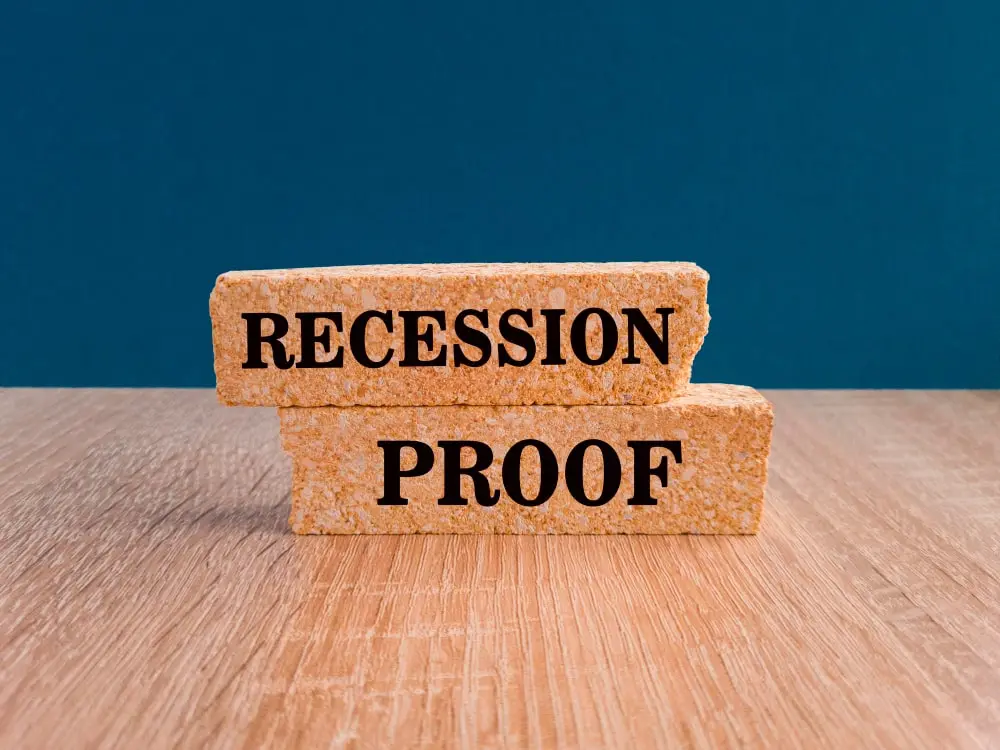Table of Contents
ToggleWhen it comes to making big life decisions, one of the most pertinent ones is choosing between real estate debt or stock investments. It’s important to know which gives you better returns, but it’s more important to understand what your financial goals are.
Many Americans generally do a combination of the two: According to the U.S. Census Bureau, 65% of U.S. houses are owner-occupied, while the Bureau of Labor Statistics reports that 52% of American workers take part in an employer retirement savings scheme.
If you’re one of them, you’re probably familiar with the stock market.
However, if you want to double down on either form of investment — or if you’re new to investing and are attempting to choose between the two — it’s important to understand the benefits and drawbacks of each.
It’s also vital to understand that you don’t have to make a decision. You may buy shares in real estate ventures without having to deal with the hassles of buying, managing, and selling properties.
Let’s compare the two and find out which one works better.
Real Estate
Real estate is something you can physically touch and feel—it’s a tangible item, so it feels more real to many investors. For decades, this investment has provided millions of people with stable wealth and long-term appreciation. You can earn significant returns on your investment based on the exact location of your property
Commercial and residential real estate are the two primary categories. While there are more varieties (mobile trailer parks, strip-mall apartment complexes, office buildings, shops, and single-family houses), they mostly fall into these two groups. However, making cash from real estate is not simple. Some people choose the “home flipping” method, where they look for distressed properties, renovate them, and then sell them for a profit at a higher market value. Others seek rental homes to create a stable income.
In most cases, a down payment of up to 20% of the purchase price is required, with the remainder funded by a mortgage.
Stocks
Using the S&P 500 as a benchmark for stock performance, the stock market had an average yearly rate of returns of 10.31% from 1970 to 2016. It’s vital to remember that this statistic is only a reference for the recent performance of US equities; there are numerous other prominent indexes throughout the world.
A stock gives you ownership in a corporation. You will profit when things are good. During economic downturns, you may see dwindling finances as the company’s earnings fall. When compared to real estate, taking a long-term view and remaining disciplined in many areas will help you develop your net worth at a far faster rate.
As with real estate, stock financing allows you to utilize margins as leverage to raise the total number of shares you own.
The disadvantage is that if the price of the stock position declines, you may face a margin call. This is when your equity has gone below a specific level in respect to the amount borrowed, and money must be put into your account to bring it back up. If you neglect to do so, the brokerage business may sell the shares to recoup the loan amount.
Here’s why an investment in real estate makes sense:
Real estate investing is simple to grasp. While the home-buying process might be confusing, the fundamentals are straightforward: Purchase a property, handle maintenance (and renters, if you own several homes than your primary house), and try to sale for a greater price. Furthermore, having a real asset might make you feel more in charge of your investment than purchasing slivers of stake in firms via stock shares.
- Real estate investment with debt is safer. With your “mortgage,” you may invest in a new home with a 20% down payment or less and then fund the remaining cost. Margin trading, or investing in stocks with loans, is very dangerous and only for experienced traders.
- Real estate investments can act as an inflation hedge. Home values and rentals often rise with inflation, making real estate ownership a good inflation hedge.
- Property ownership may provide tax benefits. Homeowners may be able to deduct mortgage interest they paid on the first $750,000 of mortgage debt.
- There are additional tax incentives available when selling a primary house, such as a deduction that may enable you to evade the tax on capital gains on net sales of $250,000 if you’re single (or $500,000 if married and filing together) provided you own and sell business real estate, you may be eligible to circumvent capital gains through a 1031 exchange (provided you reinvest the profits in an identical kind of property).
- Depreciation, or writing off the damage caused on the property, may generate tax savings for investment properties. This tax guide has further information on homeownership tax incentives.
Real Estate and Stocks Comparison
Many investors purchase real estate and equities in order to accumulate wealth over time. While both have the potential for large rewards, they differ in terms of rate of return, risk, liquidity, and accessibility.
Returns. Stocks have historically outperformed real estate investments in terms of returns. “Stocks have returned 8% to 12% per year on average, while real estate has returned 2% to 4% per year,” Other factors, such as economic situations and emotional purchase decisions, might lead to inferior investments and fewer returns.
While real estate traders may see lower overall returns than stock investors, individuals who own rental properties may expect a very consistent revenue stream from their tenants.
To conclude
In addition to determining which investment strategy yields the greatest returns within the minimum period of time, investors must assess a variety of other factors. Individual aspirations, market conditions, and risk tolerance are all elements that warrant consideration. It is advisable for investors to adhere to their investment objectives by diversifying their portfolios with real estate and equities, while also regularly adjusting across size and geographical constraints.
Ready to explore real estate investment opportunities that align with your ambitions? Visit Munshi Capital to discover how we can support your investment journey with tailored financing solutions.





